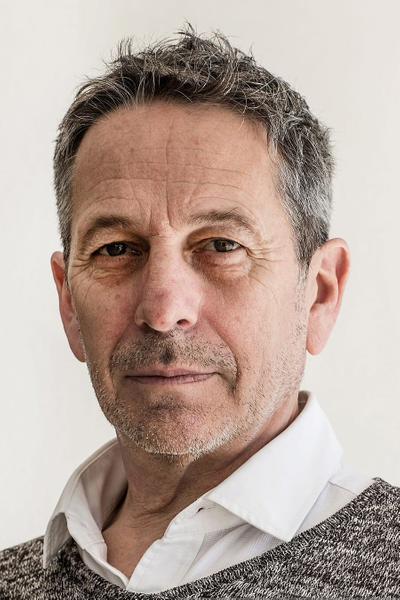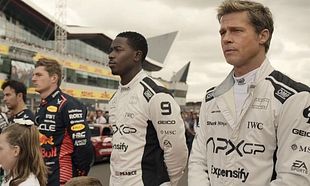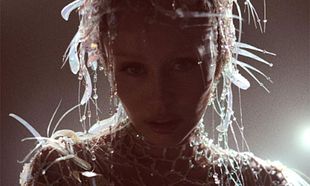After the relatively upbeat political black comedy No, Pablo Chilean writer-director Pablo Larrain retreats to the more dour territory of Tony Manero and Post Moretm and takes all colour, levity, light, and hope with him. Once again exploring some difficult and weighty themes borne of Pinochet’s oppressive regime – this time the Catholic Church’s crimes and its cover ups are under his satirical microscope - The Club’s morose tone and foreboding atmosphere overwhelm the narrative somewhat.
Set in a tiny coastal Chilean village, four priests and a nun are holed up in a house overlooking the ocean. They are here incognito: Vidal (Castro), Silva (Jaime Vadell), Ramirez (Alejandro Sieveking), and Ortega (Alejandro Goic) are guilty of, amongst other things, paedophilia, homosexuality, and the sale of new-borns. The house is overseen by Mother Monica (Zegers), herself doing penance for a terrible crime, who is both housekeeper and the one ensures the men adhere to the strict rules: showers are minimum, reflections on sins plentiful, no masturbation, and ventures into the village are restricted to when no one is around. Their only joy is their greyhound, which they race, and bet on, in small meets.
Into this mix comes the troubled priest who is only in the house moments when drunken vagrant Sandokan (Farias) harangues him loudly and in earshot of the town for sexually abusing him when he was a child. The priest is given a gun and told to warn Sandokan away, but the priest shoots himself instead. This incident brings Father Garcia (Alonso) into their midst, a torch bearer for the ‘new church’, who is dedicated to flushing out bad priests and closing down these secret ‘retreats’.
Opening with a quote from Genesis, “God saw the light was good and separated light from darkness,” it’s in the darkness Larrain sets his story. The village is poor. The weather is always gloomy, the skies forever overcast, the beach windswept and uninviting. The interiors are deliberately given a washed out look, as if the film was transferred to video and then poorly projected. The grizzled faces of the priests, all haunted by their crimes, stare at each other across the dinner table. This is hell, make no bones about it, and there’s little chance for redemption.
Despite his depiction of nasty characters Larrain always made it easy to slip into the story but no such ease is found here. It’s all very heavy and ponderous and plodding. Dribbling out information at irregular intervals, the crimes of those in the house are pieced together only by an attentive audience; Garcia holds interviews with the priests, hoping they will show some regret and shame for their actions, but even their answers and their take on their offenses isn’t baldly expressed. Larrain keeps the film shrouded in mystery and intrigue. It’s aloof, cold and distant – it’s tough trying to get a handle on proceedings and what Larrain’s take is. Some have called this a blackly comic drama but there’s really nothing here to smile about – The Club is a searing diatribe of the church and its institutionalised hypocrisy.
But Larrain remains an innovative director, prepared to take unflinching looks at difficult subject matters. Just imagine what his rumoured remake of Scarface would be like.



















































































